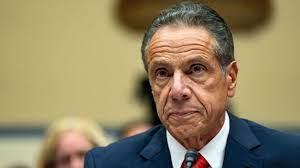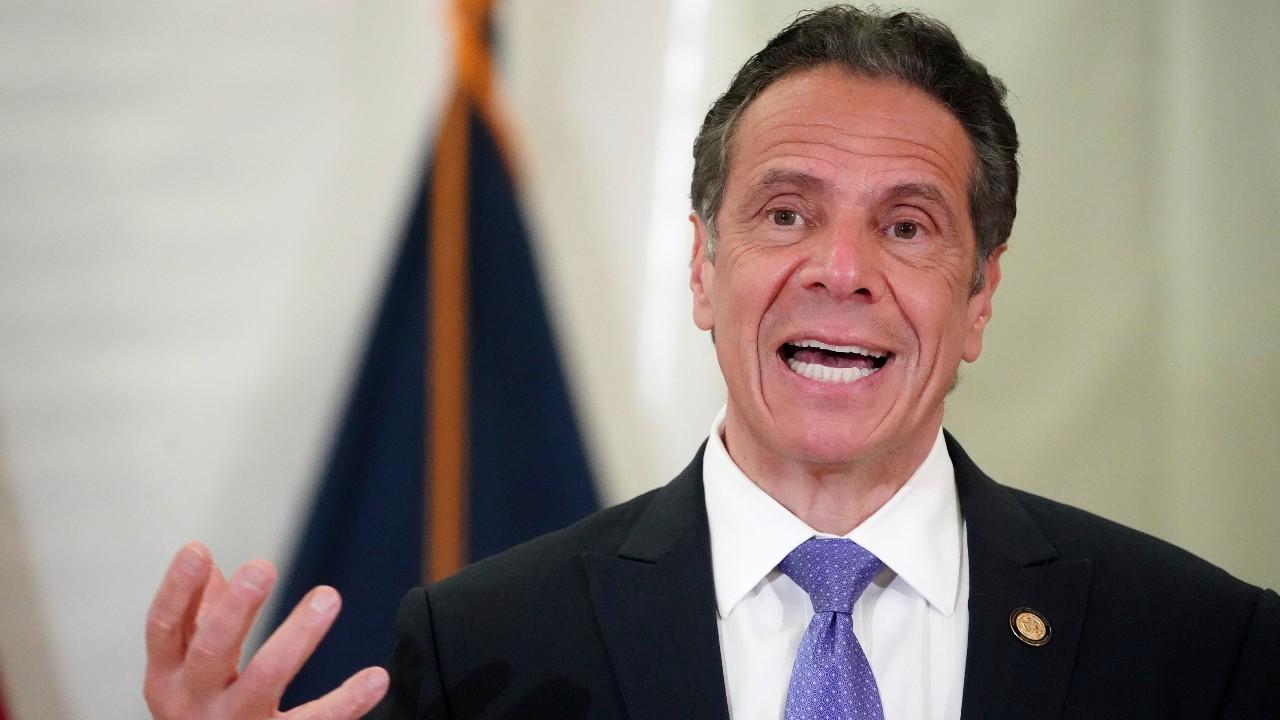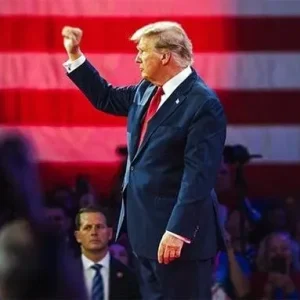Do you support an investigation of Andrew Cuomo by the DOJ? It’s a question that continues to stir heated debates across the political spectrum. As former Governor of New York, Andrew Cuomo was once seen as a national leader in crisis management during the early stages of the COVID-19 pandemic. However, a series of controversies have since cast a long shadow over his political legacy. Now, the potential for a federal investigation into his actions has resurfaced, and Americans are increasingly divided over whether the U.S. Department of Justice (DOJ) should pursue a case.

Andrew Cuomo stepped down in August 2021 amid multiple allegations of sexual misconduct, which were detailed in a report by the New York Attorney General’s office. That report led to widespread calls for accountability, not only from political opponents but from within his own party. While Cuomo has denied any wrongdoing and insisted the accusations were politically motivated, the public appetite for a deeper probe into his behavior and past decisions has not waned.
Beyond the harassment claims, another matter drawing scrutiny is the Cuomo administration’s handling of nursing home data during the COVID-19 crisis. Critics allege that his administration deliberately underreported the number of nursing home deaths to protect his public image at a time when he was being considered for a potential national leadership role, possibly even in the Biden administration. If true, such actions may constitute a cover-up with potential legal implications.
Calls for a DOJ investigation into Andrew Cuomo reflect a broader demand for transparency and accountability in political leadership. Supporters argue that no individual, regardless of political affiliation or past popularity, should be above federal scrutiny. They emphasize that investigating Cuomo’s actions would reaffirm the public’s trust in the justice system, especially at a time when faith in government institutions is fragile.
On the other hand, there are those who view the push for a DOJ probe as politically motivated. Some of Cuomo’s defenders argue that he has already faced significant consequences — both personal and professional — and that re-opening investigations could be more about political score-settling than justice. They caution against setting a precedent where federal power is used as a tool for targeting former officials, particularly when state-level inquiries have already occurred.
Still, the question remains: Do you support an investigation of Andrew Cuomo by the DOJ? The answer may depend less on partisan allegiance and more on one’s views about justice, fairness, and the role of federal oversight in holding leaders accountable. As more Americans express concern over government transparency and ethical leadership, calls for federal investigations into high-profile figures like Cuomo are becoming increasingly common.
Public reaction has been far from monolithic. While many progressives and moderates believe an investigation would demonstrate a commitment to the rule of law, others fear it could distract from more pressing national priorities. Meanwhile, conservatives often frame the Cuomo controversy as part of a larger narrative about Democratic hypocrisy — pointing to how quickly certain figures are defended or condemned based on political convenience.

In the current political climate, where former President Donald Trump is also facing multiple federal investigations, the push for a DOJ inquiry into Andrew Cuomo adds fuel to an already polarized environment. Some argue that equal scrutiny across party lines is necessary to maintain credibility, while others insist that each case must be judged independently, on its legal merits alone.
Whether or not the DOJ proceeds with a formal investigation, the question itself — Do you support an investigation of Andrew Cuomo by the DOJ? — remains a reflection of deeper concerns about leadership, integrity, and justice in American public life. As the public continues to weigh the facts and implications, one thing is clear: accountability, wherever it leads, must remain a central principle of democracy.






